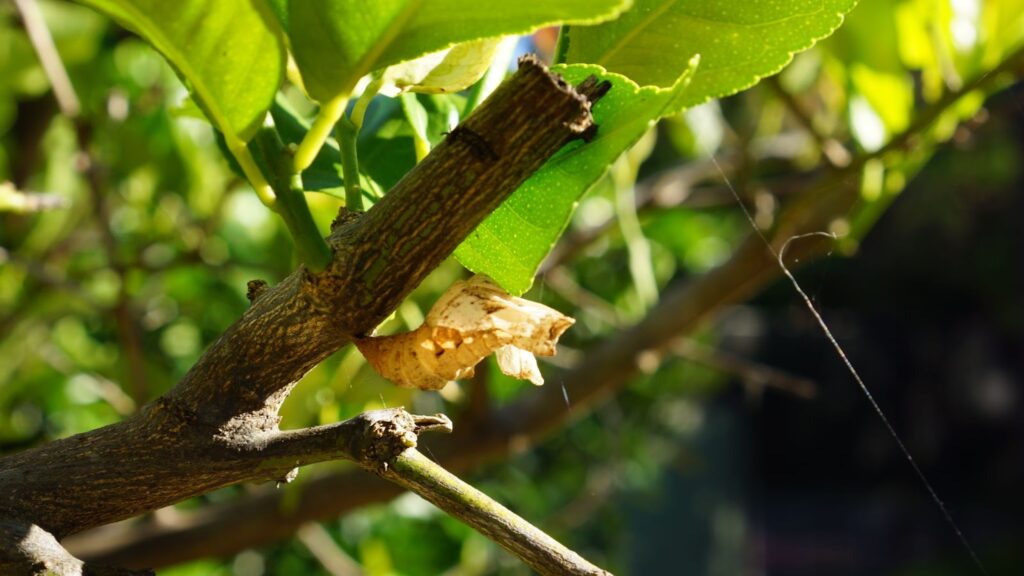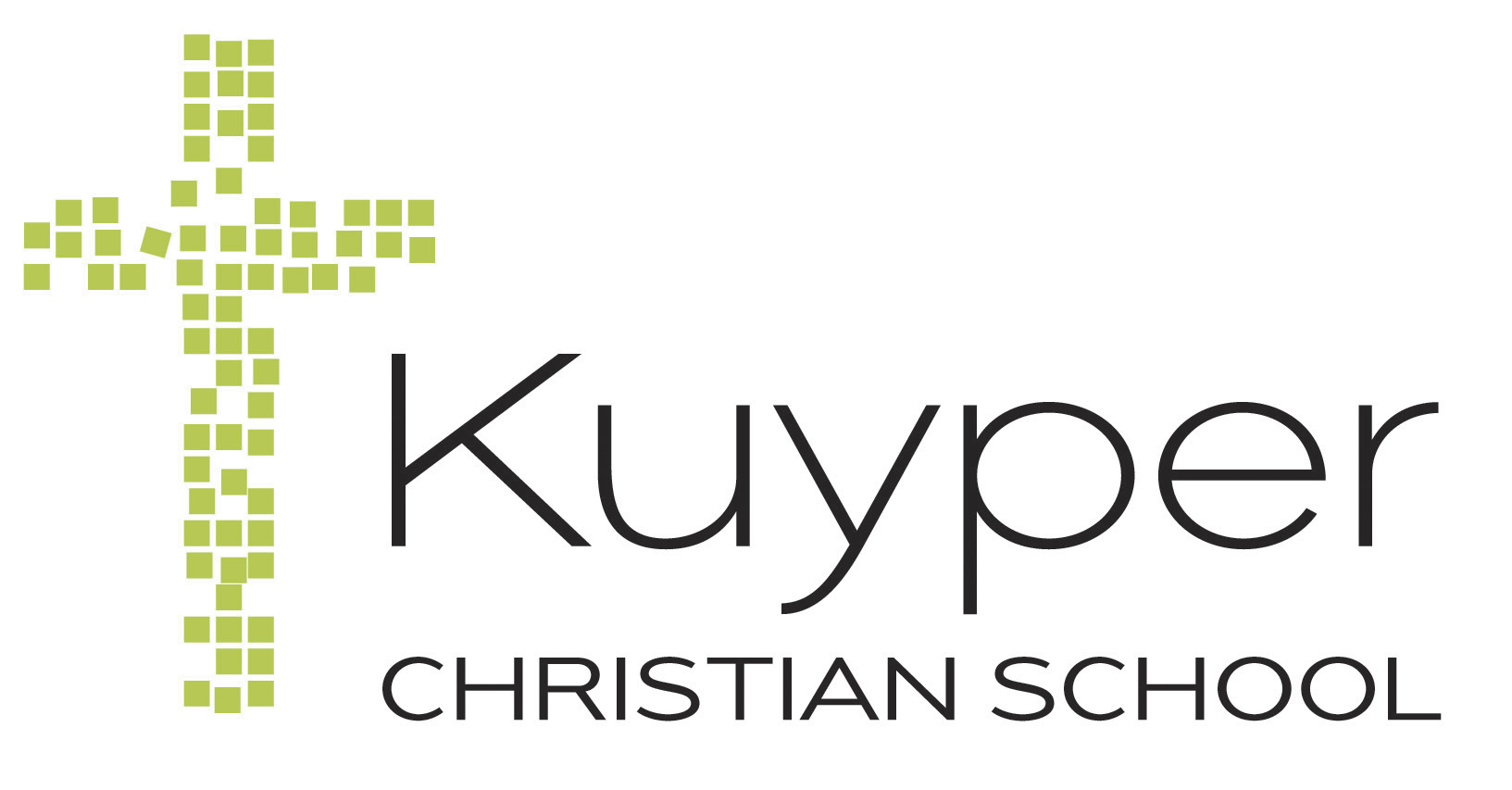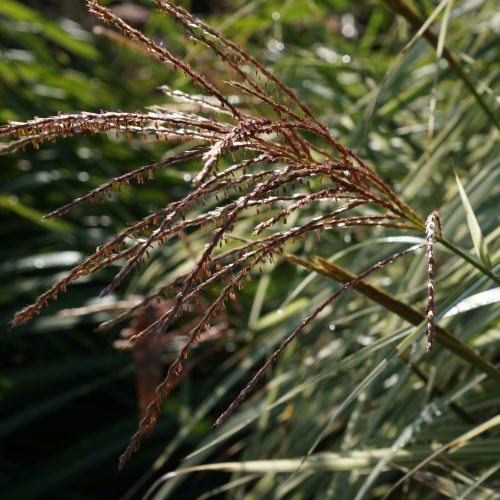Martin Gee, Secondary Teacher
Things seem to be busy at the moment. Last week passed by in a blur. I do remember Mr Cavens chatting in the staffroom. He was speaking to someone else while I was rushing around. Mr Cavens said that it is satisfying to sit down in a clean house, once all the work is done. I can relate to that. However, it is becoming harder to get all the work done. The closer I get to the weekend, the greater my motivation is to tick things off my list. I love a Friday afternoon when I can walk away from my work with the sense that all jobs are done. Last Friday I got to school early and my desk was still strewn with Thursday’s chaos: exercise books, SLR cameras, insects from Mr Shadie, two dirty plates and a coffee plunger with tea leaves in it. The end of the day approached and I knew there was little chance of finishing things off. As the weekend loomed, I was cast upon its shore like a shipwreck survivor.
The best thing about my weekend is the ancient Hebrew idea of the Sabbath. I stop, for a day, and consider that God is indispensable, while I am not. Most often I go into the bush, down to a creek, and make a coffee. I sit still and I look at all the things that God has made. Most of them have grown silently, taking their natural time: a tree leaning by the water, lichen spreading its patterns over a rock. After my Sabbath, the week grinds into gear once again.
I sometimes wonder whether our jobs are becoming more demanding. I had an appointment at the medical centre on Monday. A young doctor and an older nurse were saying the same thing; they felt like they were rushing from one patient to the next. I have friends who are tradies and it seems to be the same. It’s especially true if you are a parent, or caregiver, who is trying to work and still be present for your family.
Lately, I’ve been thinking about balance in the midst of this busyness. I’ve been thinking about this statement:
You teach what you know, but you reproduce who you are.
That’s a sobering thought. It means that I can work hard, and my students could learn well, yet they may be released into the world too much like myself; hardworking, busy and anxious. Last week, a colleague tried talking to me twice. I was in a rush, and she was apologetic for taking up my time. She said, ‘I’m sorry, I can see you are busy.’ That made me stop and think. ‘Busy’ is probably not what I want to be known for, nor what I want to reproduce.
It comes the very moment you wake up each morning. All your wishes and hopes for the day rush at you like wild animals. And the first job each morning consists simply in shoving them all back; in listening to that other voice, taking that other point of view, letting that other larger, stronger, quieter life come flowing in…
C.S Lewis
I would like to teach by heeding that other voice; by letting the Spirit’s stronger, quieter life come flowing in. In the midst of a busy day, and a chaotic lesson, I would like to be able to stop and heed. I need to pay honest attention to my students, to my colleagues, and especially to the quiet voice of God Himself.
I wonder how I can do this in the midst of a busy day. Perhaps I can learn a lesson from King David. David’s domain was a whole kingdom, and yet he begins with this prayer:
My heart is not proud, Lord, my eyes are not haughty; I do not concern myself with great matters or things too wonderful for me. But I have stilled and quieted my soul…
Psalm 131:1-2
Starting in stillness is an interesting idea. In the midst of busyness, sometimes standing still is a greater act of faith.
In Elective Art we are learning about photography. We have been exploring the idea of using a camera to help us stop and pay attention; to see the extraordinary in the day’s ordinary moments. Here is something I noticed while our class was walking around the school and trying to pay attention:

I am wondering about how to smuggle Sabbath moments into Monday mornings. I don’t get to sit by a creek, far from the concerns and demands of work. I can, however, be still and pay attention. I can consider what this caterpillar chrysalis reminds me of as I think about my students. I can start each English lesson with ten minutes of silent reading; using this brief moment to be still before God and to attend to my students.

